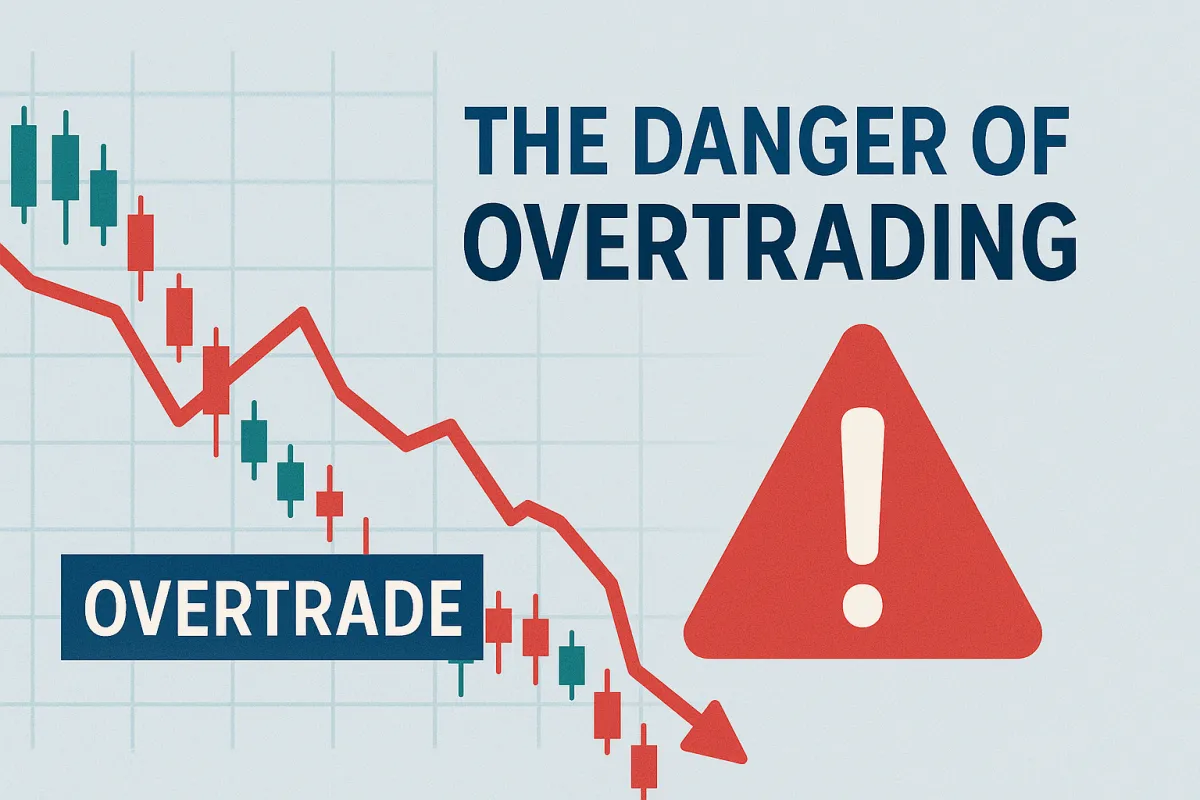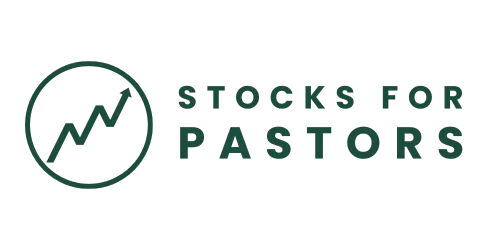
The Danger of Overtrading (and How to Trade Less, Earn More)
Many novice traders assume that increasing trade frequency will automatically increase profits. At first glance this seems intuitive. If one successful trade generates income, then ten similar trades should generate ten times more. However, financial markets do not reward sheer volume; they reward discipline and precision. Overtrading rapidly erodes capital, depletes cognitive energy, and undermines confidence in one’s system. Beyond the immediate financial losses, there is also the hidden cost of opportunity: capital and attention become tied up in marginal trades, leaving the trader unable to capitalize on genuinely high-probability setups when they appear. Experienced traders recognize that optimal performance comes not from chasing every fluctuation but from executing fewer, high-quality setups with clearly defined risk and reward parameters. They also understand that restraint itself is a skill, one that preserves psychological capital, keeps decision-making sharp, and ensures long-term sustainability in the markets.
What Overtrading Looks Like
Overtrading shows up in a few obvious ways:
Jumping into trades out of boredom or the fear of missing out.
Chasing price moves without waiting for confirmation.
Trading outside your written plan.
Increasing size to “make back” losses.
If you recognize yourself in any of these habits, you are not alone. Almost every trader begins with these missteps, as they are part of the natural learning curve in financial markets. The true danger lies not in making these errors initially but in remaining trapped within the cycle, repeating them without reflection or adjustment. Over time, staying stuck in this pattern compounds losses and erodes both financial and psychological capital. Breaking free requires conscious recognition of the behavior, systematic review of its consequences, and deliberate effort to replace those habits with disciplined, rules-based decision-making. This transition is what separates traders who evolve from those who eventually exit the markets in frustration.
Why Overtrading Happens
Overtrading usually comes from emotional triggers. FOMO is one of the biggest. Watching a stock run without you is painful, so you jump in late and often regret it. Impatience is another. If you stare at charts long enough, you will convince yourself that something is setting up, even when it is not. Revenge trading is the third culprit. After a loss, many traders try to get it back immediately. That is how small setbacks turn into big ones.
Another root cause is misunderstanding probabilities. Some traders think that if they take enough trades, the law of averages will work in their favor. In reality, if the setups are low quality, all you are doing is compounding losses. Overtrading is also a sign of not fully trusting your system. If you believe your edge is real, you will wait for it. If you do not, you will chase.
The Cost of Overtrading
The cost of overtrading is heavy and extends well beyond the obvious dollar amounts lost. Financially, small losses pile up quickly and erode an account with surprising speed. A series of poorly chosen $100 trades compounds losses faster than one carefully managed $500 stop because capital is repeatedly risked on low-quality decisions. Emotionally, overtrading creates constant stress, ongoing second-guessing, and eventually a breakdown of confidence in both your system and yourself. This mental fatigue can spill over into other aspects of life, making trading feel like a burden rather than an opportunity. You lose clarity and conviction in your plan, and the constant cycle of entry and exit without discipline makes it harder to recognize true patterns. On top of that, overtrading costs you opportunity. While you are tied up in marginal trades, the real A+ setups pass by unnoticed or remain untradeable because your capital, energy, and focus are already committed elsewhere. Over time, the combination of financial erosion, mental stress, and missed opportunity weakens not just your results but your ability to think strategically about markets and to trust yourself to act only when conditions align.
How to Trade Less and Earn More
Trading less does not mean doing nothing. It means filtering aggressively for quality. Here are some of the ways I do it:
Focus only on A+ setups. Use a checklist to confirm when conditions truly line up.
Set a weekly trade cap. For example, no more than five trades per week. This prevents impulse decisions.
Build patience into your routine. Review charts at set times, not every five minutes. This keeps you from inventing setups out of boredom.
Journal everything. Recording trades shows you patterns of overtrading that are invisible in the moment. Once you see them on paper, it is easier to cut them out.
Example Walkthrough
I have lived through both sides. Several years ago I remember sitting down with a more experienced trader who was mentoring me. I shared with him that I had realized profits of just over $4,000 the previous month. However, when I went back and looked more closely I discovered that I had placed hundreds of trades or adjustments that month and spent about $1800 in commissions! Roughly half of my profit had been eaten up by commissions, not to mention the time I had to commit to make that many trades in one month... Mind you, this was a long time ago when brokers charged much higher commissions for options trades than they do today, but still it served as an "ah-ha" moment for me. After that meeting, when my mentor helped me realize the folly of my approach, I began forcing myself to take only a few trades per week, each one meeting every item on my checklist. The result was not only positive in terms of profit, but also calmer and more focused. That week reminded me that discipline is more valuable than activity.
Rules to Prevent Overtrading
Stick to your written A+ setups and ignore the rest.
Never increase size after a loss.
If you hit your daily or weekly cap, stop trading.
Review your trades every week to keep yourself accountable.
Final Word
Trading more is not the answer. Trading better is. Overtrading drains your account and your confidence, while selective trading builds both. Discipline comes from filtering out noise and waiting for true setups. If you want to see how I model selective, disciplined trading in real time, join my free Bootcamp training and learn how to trade less, earn more, and build consistency step by step.



